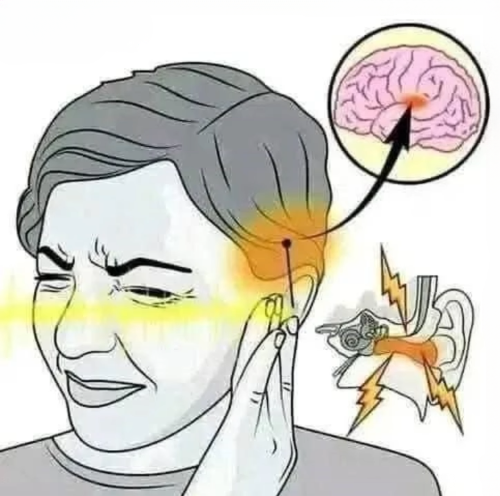Understanding Tinnitus
Tinnitus is a symptom, not a disease, characterized by persistent sounds such as ringing, buzzing, hissing, or even purring in the ears. These sounds originate internally, with no external source, which can make them confusing and distressing for those experiencing them. While tinnitus itself is not life-threatening, it can significantly affect quality of life, causing sleep disturbances, concentration issues, and emotional stress.
Causes of Tinnitus
Tinnitus can arise from a variety of factors, often linked to damage or changes within the ear. The human ear has three main parts: the outer ear, middle ear, and inner ear. Damage to the middle or inner ear—whether from infection, injury, or age-related hearing loss—can trigger tinnitus. Additionally, problems affecting how sound waves are conducted through the ear or interpreted by the brain may also contribute.
Medical conditions such as ear infections, Meniere’s disease, high blood pressure, and circulatory issues can increase the likelihood of tinnitus. Even something as seemingly unrelated as stress or anxiety can worsen the perception of these phantom sounds, creating a feedback loop that makes symptoms feel more intense.
Other Triggers
Long-term exposure to loud noises is one of the most common causes of tinnitus. This includes working in noisy environments, attending loud concerts, or frequent headphone use at high volumes. Certain medications, including some antibiotics, chemotherapy drugs, and high doses of aspirin, can also lead to tinnitus. Temporomandibular joint (TMJ) disorders, which affect the jaw, may trigger or exacerbate symptoms, as the joint is closely linked to ear function.
Managing Tinnitus
Although there is no universal cure for tinnitus, management strategies can reduce its impact. Identifying and addressing underlying causes, protecting the ears from loud noises, and adjusting medications under medical supervision are key steps. Sound therapy, relaxation techniques, cognitive-behavioral therapy (CBT), and mindfulness exercises can also help reduce the perception of tinnitus and improve quality of life.
Early consultation with an audiologist or ENT specialist is crucial, especially if tinnitus develops suddenly, worsens, or is accompanied by dizziness, hearing loss, or ear pain. By understanding its causes and triggers, individuals can take proactive steps to manage tinnitus and maintain their overall ear health.
If you want, I can also create a concise, reader-friendly version suitable for blogs or social media posts that explains tinnitus clearly without being too technical.
Do you want me to do that?
